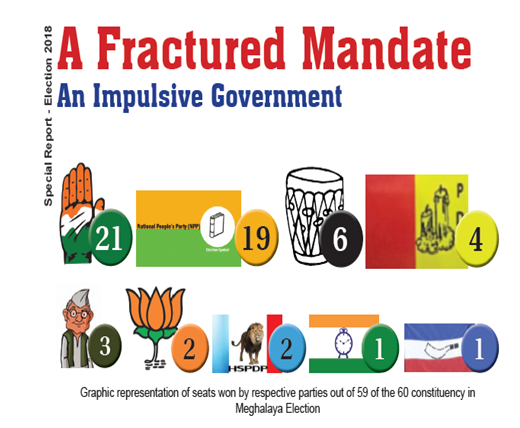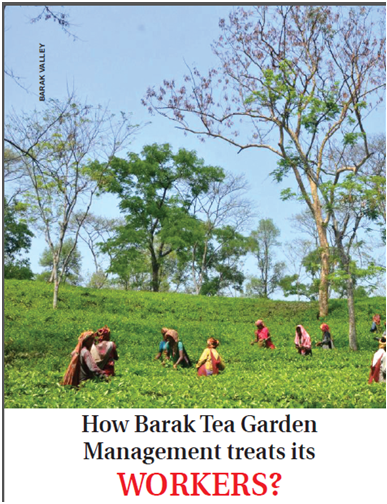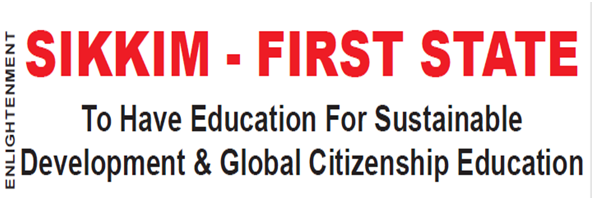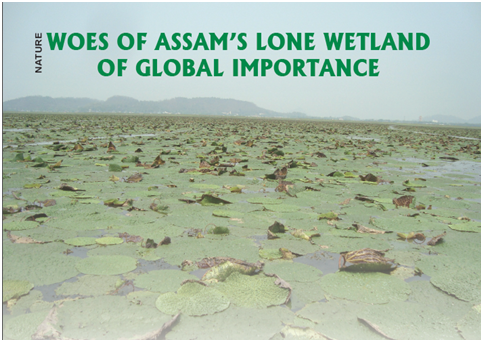- Parent Category: 2018

Meghalaya had always witnessed a fractured mandate and formation of coalition governments, except in the initial years of state formation, when the All Party Hills Leaders Conference (APHLC), which spear-head the separate Hill State Legislative Assembly, for almost three term. With the fragmentation APHLC and the emergence of Regional Parties of the era of single majority party in the state came to an end, becoming only a history.
Add a comment Read more: A Fractured Mandate An Impulsive Government





